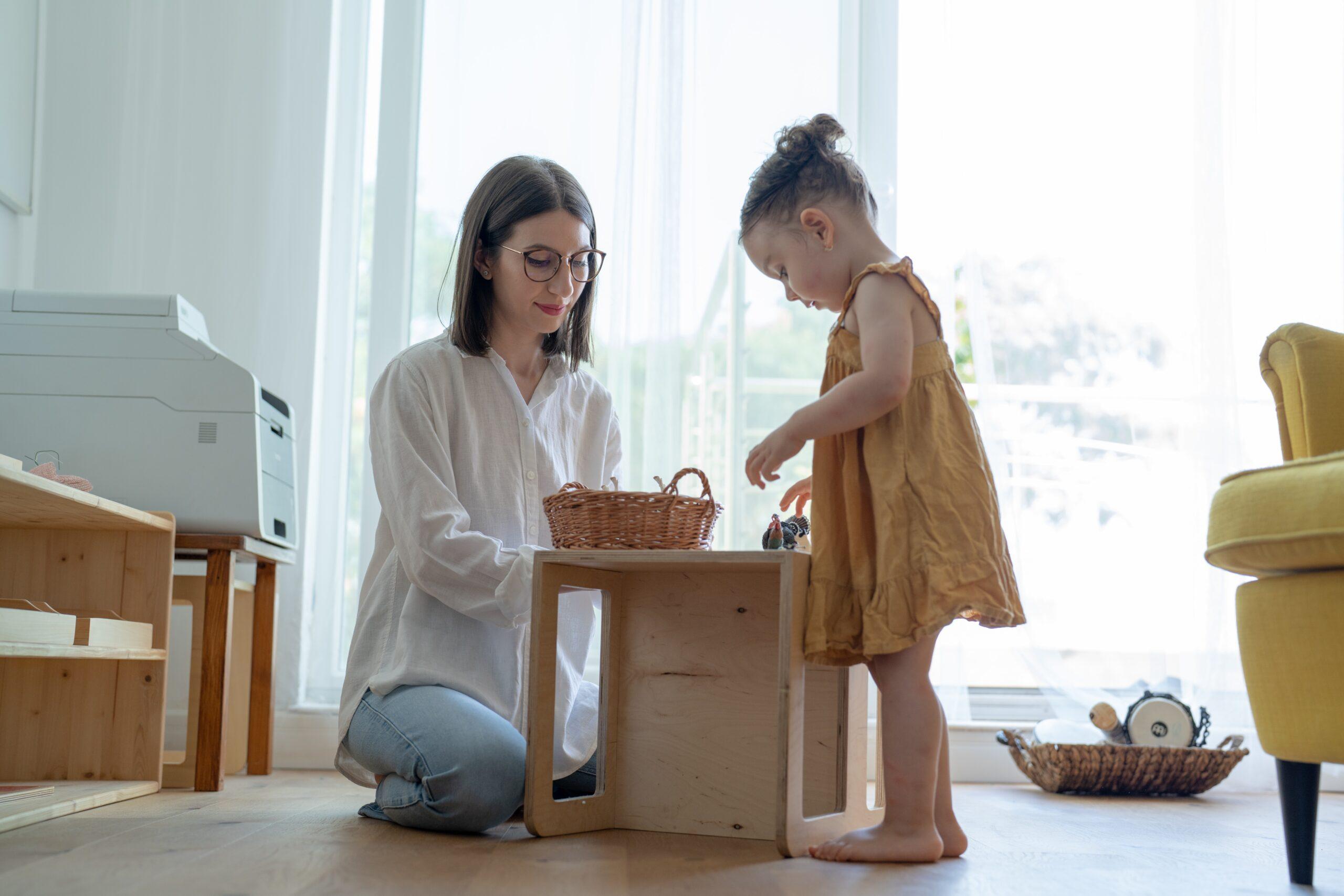Just like autism itself, playdates with children on the spectrum can be experienced in a myriad of ways. My family and our support network have seen many instances where my son, Wills, and his peers have learned from each other as they worked through the process of social interaction and inclusion. We are appreciative for the enrichment, understanding, and awareness that has blossomed during these opportunities to interact and socialize with peers.
Here are some tips for playdates with peers:
Build skills. Help your child to develop even a small set of play skills. Can he play nicely in parallel? Can she build towers or engage with sensory toys? These are the building blocks of the first playdates.
- Practice with adults. You can use role-playing to pre-teach playdate activities to your child.
- Find a good fit. Set up playdates with children who have similar interests to your child and that have play skills around the developmental level of your child, even if they are a different chronological age. Choose a playmate that is patient and kind.
- Create a visual schedule. Draw or write out the structure of the playdate in advance, considering activities where the kids will need to play together, nearby, or in cooperation, and be sure to include activities that all participants will enjoy.
- Keep it short. Keep activities to about 30 minutes to start, and then add time once the playdates seem successful.
- Positive reinforcement. If your child is having a positive interaction, use reinforcements such as praise or a treat to reward the good behavior. If your child needs a reminder to share or play by the rules, provide coaching and encourage cooperation.
- Don’t give up! While it can be difficult at times, continue this process, and I believe you will see progress, as well as better social skills, from your child’s interaction with peers.
Through playdates, Wills developed the building blocks for many life skills, including his strong bonds with peers. Playdates weren’t always easy for him, but through preparation and organization, we learned to make these types of interactions successful, positive and meaningful for all involved. I encourage you to organize sucessful playdates with your child and his peers!




